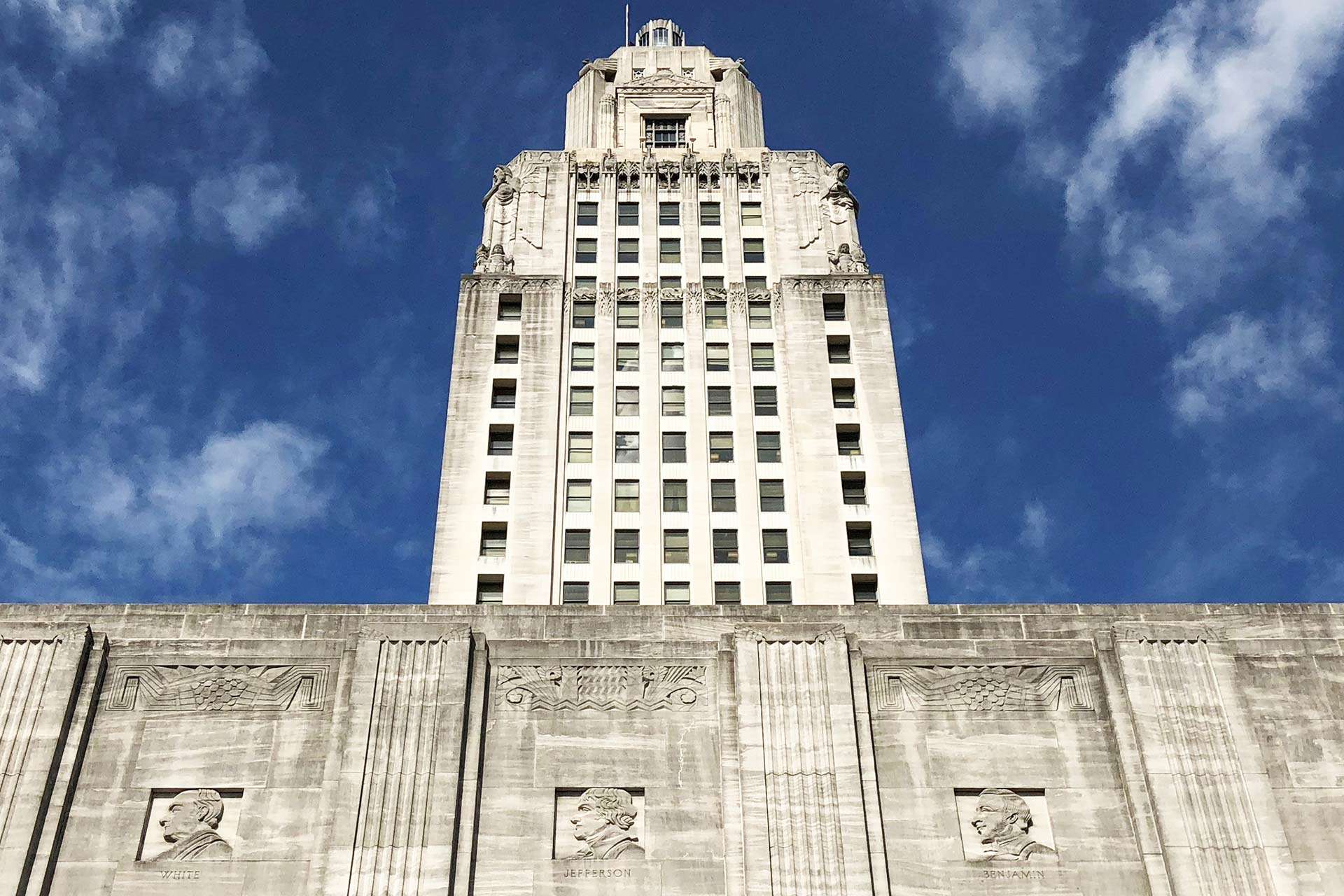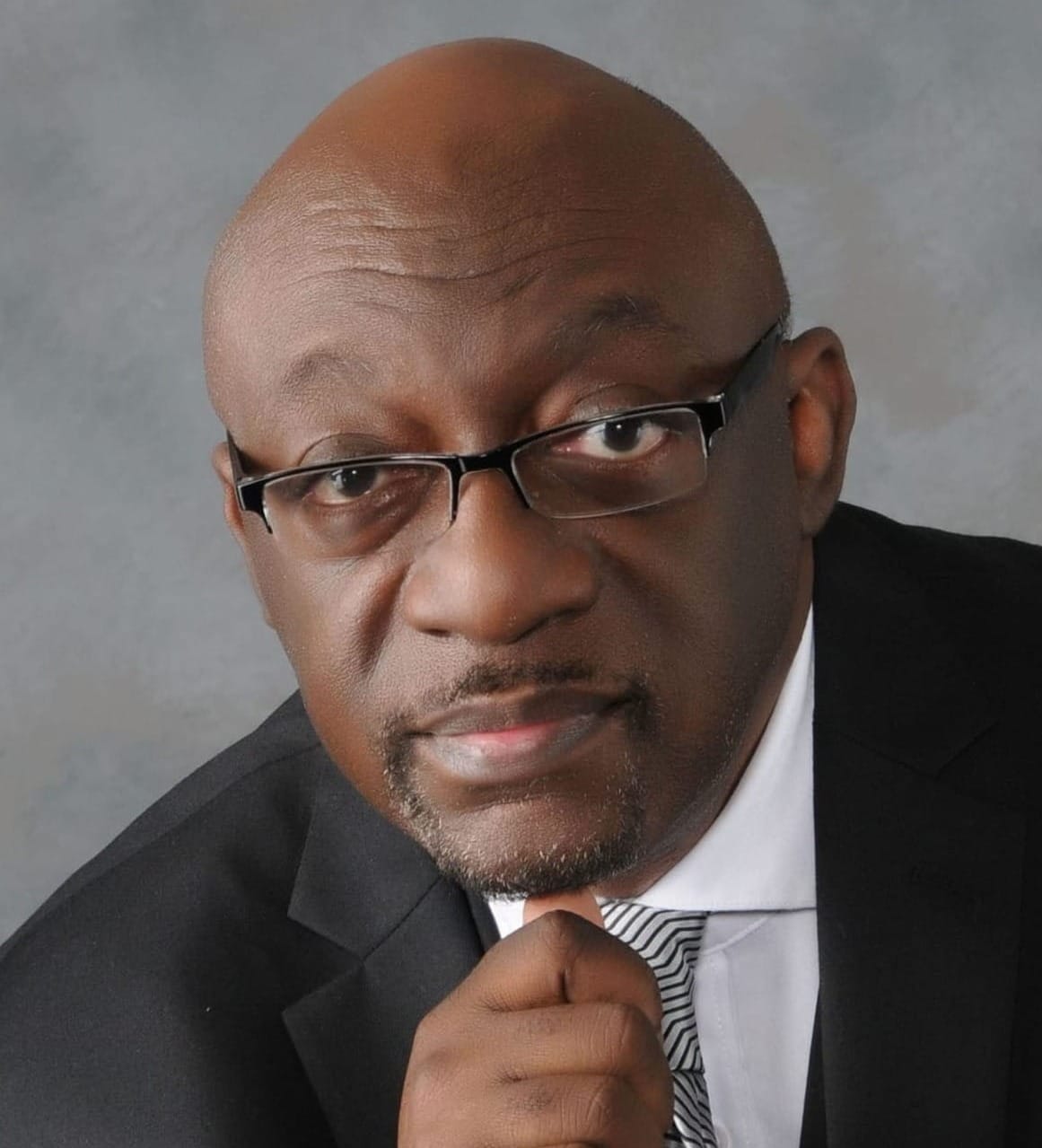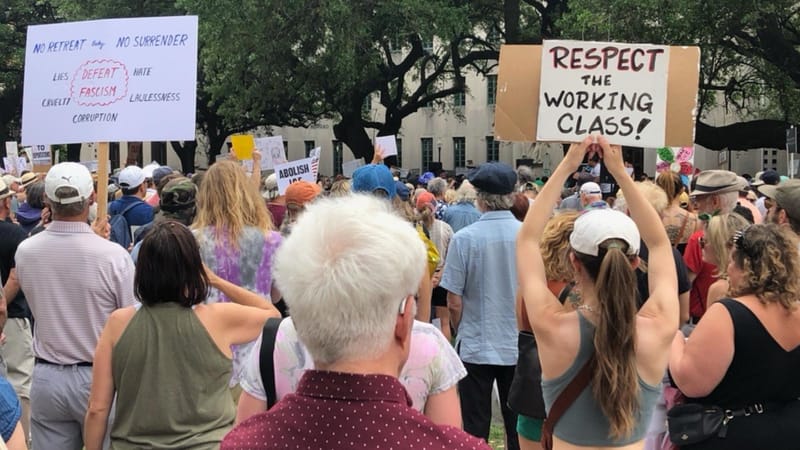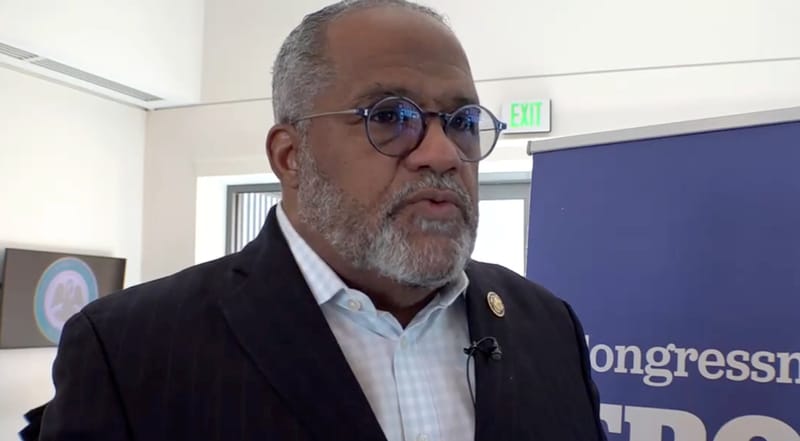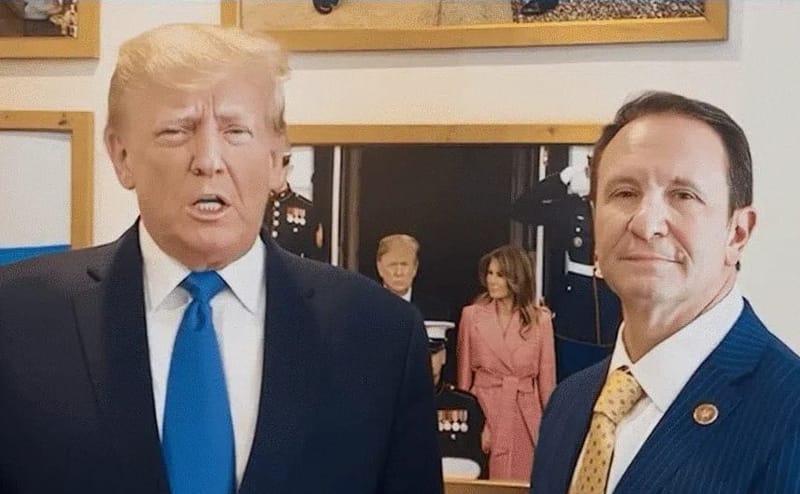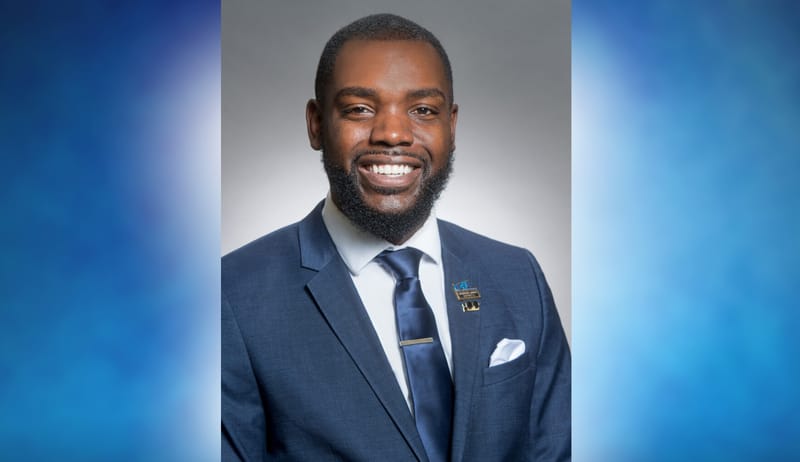Legal Battle Over Louisiana Ballot Wording Raises Transparency Concerns
A lawsuit filed Monday in Baton Rouge by the law firm Most & Associates alleges that the ballot language is misleading and unlawfully biased in favor of the measure, raising concerns about transparency in the state’s legislative process.
BATON ROUGE, La. — Louisiana Gov. Jeff Landry and state legislators are facing legal scrutiny over the wording of a proposed constitutional amendment set for a March 29 vote. A lawsuit filed Monday in Baton Rouge by the law firm Most & Associates alleges that the ballot language is misleading and unlawfully biased in favor of the measure, raising concerns about transparency in the state’s legislative process.
Lawsuit Alleges Misleading Language
The lawsuit, brought by Most & Associates, argues that the language used to describe the proposal violates state law, which requires ballot wording to be “simple, unbiased, concise, and easily understood.” The suit contends that voters are being misled into believing the amendment guarantees new funding for teachers when it does not.
Teacher Pay Concerns
One of the key points of contention is the amendment’s claim that a ‘yes’ vote would “provide a permanent teacher salary increase.” According to the lawsuit, this statement is deceptive because the measure merely extends an existing stipend rather than creating an actual pay raise. “No teacher will be paid any more than they currently are due to this potential amendment, and some teachers may be paid less,” the lawsuit states.
Broader Tax Overhaul in Play
The proposed amendment is part of a broader tax system overhaul approved by the Legislature in November. However, because it involves constitutional changes, voters must approve it to take full effect. Critics argue that the state’s leadership fails to provide voters with an accurate representation of what the amendment will do, calling for greater transparency from Landry and lawmakers.
Impact on Churches and Unions
Opponents of the amendment also question whether the changes could extend beyond education funding to impact churches and labor unions. Some advocacy groups have raised concerns that the tax overhaul may alter how religious institutions and unions are taxed or funded, potentially restricting their financial stability. Legal experts suggest that vague ballot language leaves room for unintended consequences that could affect these organizations in unforeseen ways.
A Fundamental Shift in State Power
If enacted, the amendment would drastically increase legislative control over tax revenue while limiting the autonomy of local governments. The lawsuit warns that the changes could:
- Reduce protections for churches and labor unions, leaving them vulnerable to new legislative restrictions.
- Divert or liquidate funds dedicated to education, potentially jeopardizing school budgets.
- Strip municipalities of their ability to set and control sales taxes, shifting power away from local officials and into the hands of state lawmakers.
Under Louisiana law, constitutional amendments must adhere to a single-object rule, meaning they must focus on one specific issue that voters can approve or reject. The lawsuit alleges that this amendment blatantly violates that principle, bundling multiple unrelated changes under a vague and misleading description.
Supporters and Opponents Weigh In
Supporters of the measure have defended the ballot language, insisting that the amendment is necessary to solidify funding for education and other state priorities. However, opponents warn that vague and misleading wording erodes public trust in the legislative process.
Potential Impact on Future Ballot Measures
The case is expected to move quickly as the state prepares for the upcoming vote. Transparency advocates argue that the outcome will set a precedent for how future ballot measures are presented to Louisiana voters.
The lawsuit adds another layer of controversy to the constitutional revision effort, increasing pressure on Landry and lawmakers to justify their approach. As the legal battle unfolds, voters are left questioning whether they are getting the full truth about what they are being asked to decide.
Read the Full Lawsuit
Read the full lawsuit below. Can't see the document? Click here.


